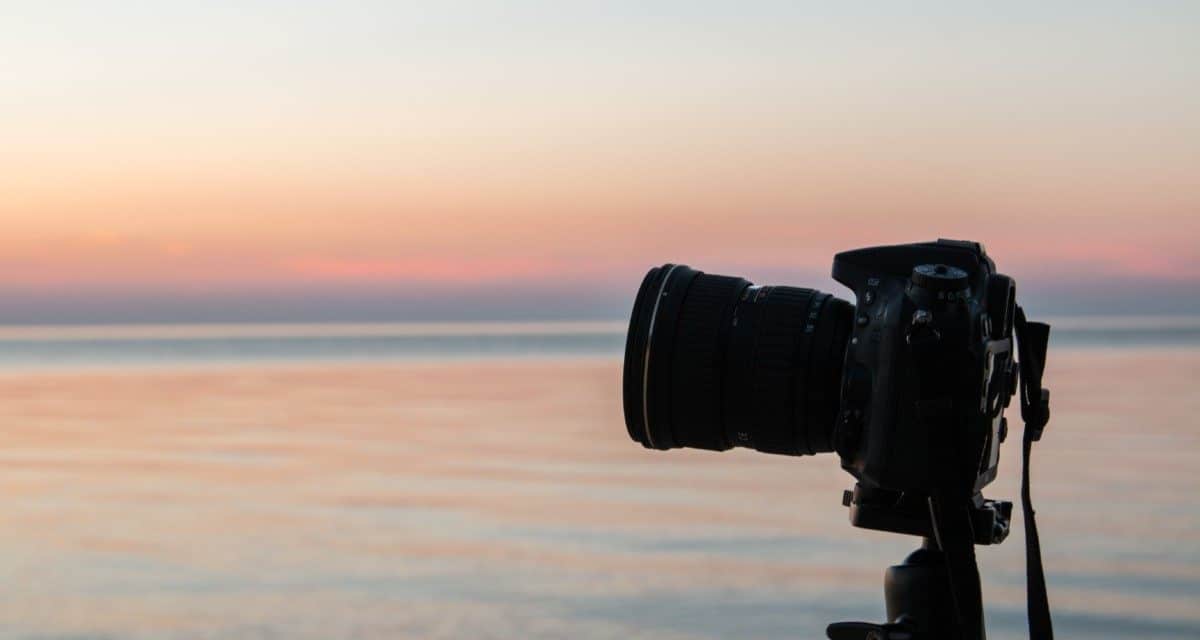[ad_1]
Everyone on a photography shoot has a role, the photographer, MUA, everyone, and as such there are generally accepted rules to follow. As a model your role in the shoot is basically that of a glorified hanger or a living mannequin. That's not meant to minimize your contribution or to be demeaning BUT let's face it, you come on set and you act as a way to highlight the clothes, accessories or props.
Everyone else on set has a role as well and the general rule of thumb is to let them do their jobs while you do yours. As an indie model, especially once who may be setting up your own shoots, it may be tempting to try and do everything. Don't. One, it's simply not professional and two, it makes you appear in a negative light.
As a bit of setiquette and pre-shoot advice, here are the roles of those who may be on set most often, the rules for dealing with them and the only time(s) it's OK to overstep your bounds.
The photographer: This is the person there taking the pictures. This should be the only person there taking pictures.
The rule: Let the photographer shoot. Follow their directions, it's as simple as that.
The exceptions: If the photographer is directing you to do something off camera or even on set that you're simply not comfortable with, then of course voice your objections. However note, that as a model, all of the poses aren't going to be comfortable and the angles may seem odd to you so shut up and suck it up if all the photographer is asking you to do is arch your back or turn your head. As an additional tip – yoga, pilates and just plain stretching will help keep your body get loose enough that the weird poses aren't uncomfortable.
The hairstylist: This is the person who'll be styling your hair. Chances are good that unless it's a hair shoot or a hair show all they will be doing is styling (no cuts, no coloring).
The rule: Let the hairstylist do your hair. Be honest about your natural hair type and length and whether or not you use extensions before the shoot.
The exception (pre-shoot): If you have a different hair type then the models pictured in the hairstylists portfolio, ask if they're comfortable working with your hair but do it politely.
The exception (on set): If the hairstylist tries to cut or color your hair on set and you were not informed about it beforehand, you have every right to speak up and even leave.
The make-up artist: This is the person who's going to do your make-up.
The rule: Let the make-up artist apply your make-up. before the shoot let them know if you're prone to breakouts or have any known allergies to products.
The exception: If a make-up artist is unsanitary (i.e. applying lipstick from a used tube onto your lips or not using disposable mascara wands) speak up about it before they apply any make-up to your face.
The wardrobe stylist: This is the person who supplies the clothing and accessories for a shoot. These items are usually borrowed
The rule: Wear what the wardrobe stylist brings. If you have any wardrobe restrictions, i.e. no animal skin/fur (specify if faux is ok) or nothing that shows a certain part of your body, let them know before the shoot, as in as soon as you agree to the shoot.
The exception: If a stylist shows up with something specifically on your “won't wear list”. and finally…
The Model: You are the focus of attention during a shoot.
The Rule: You are a clothes hanger, that's an actual term used in the industry so if you're offended by it… get over it. You are also supposed to be an actor/actress. You are supposed to make me feel something with that single photo I'm going to see in the ad. Whether that feeling is “Wow, she looks great, I want that” or “She sure looks warm in that coat” or maybe, “I guess that coffee is delicious”. That's your job as a model. Sure, there are jobs where you're not really “selling” something, such as bikini sites, lingerie sites, etc., you still have a job to do. That job is to look sexy enough that guys sign up and pay for access to the site you're on.
The Exception: There pretty much aren't any other than doing things that you are simply against. Examples may be, if you don't smoke, you should not have to “pretend” that you do. If you're vegan, you don't have to wear leather/fur coats, etc. Even if you're setting up a shoot yourself, paid or TF, you should give everyone as much info about your vision as you can and make sure they have a grasp, and then let them do their jobs.
Follow these rules and you will be respected in the industry and you will get much better images (assuming you are working with a quality team).
[ad_2]
Source by Guy S Hoops

